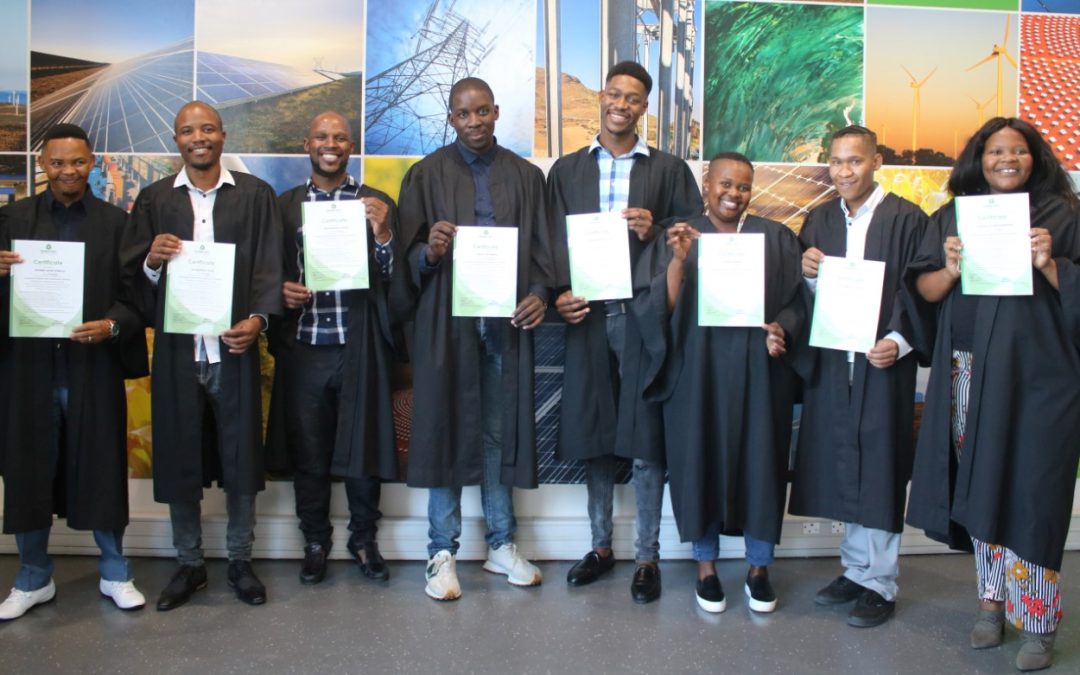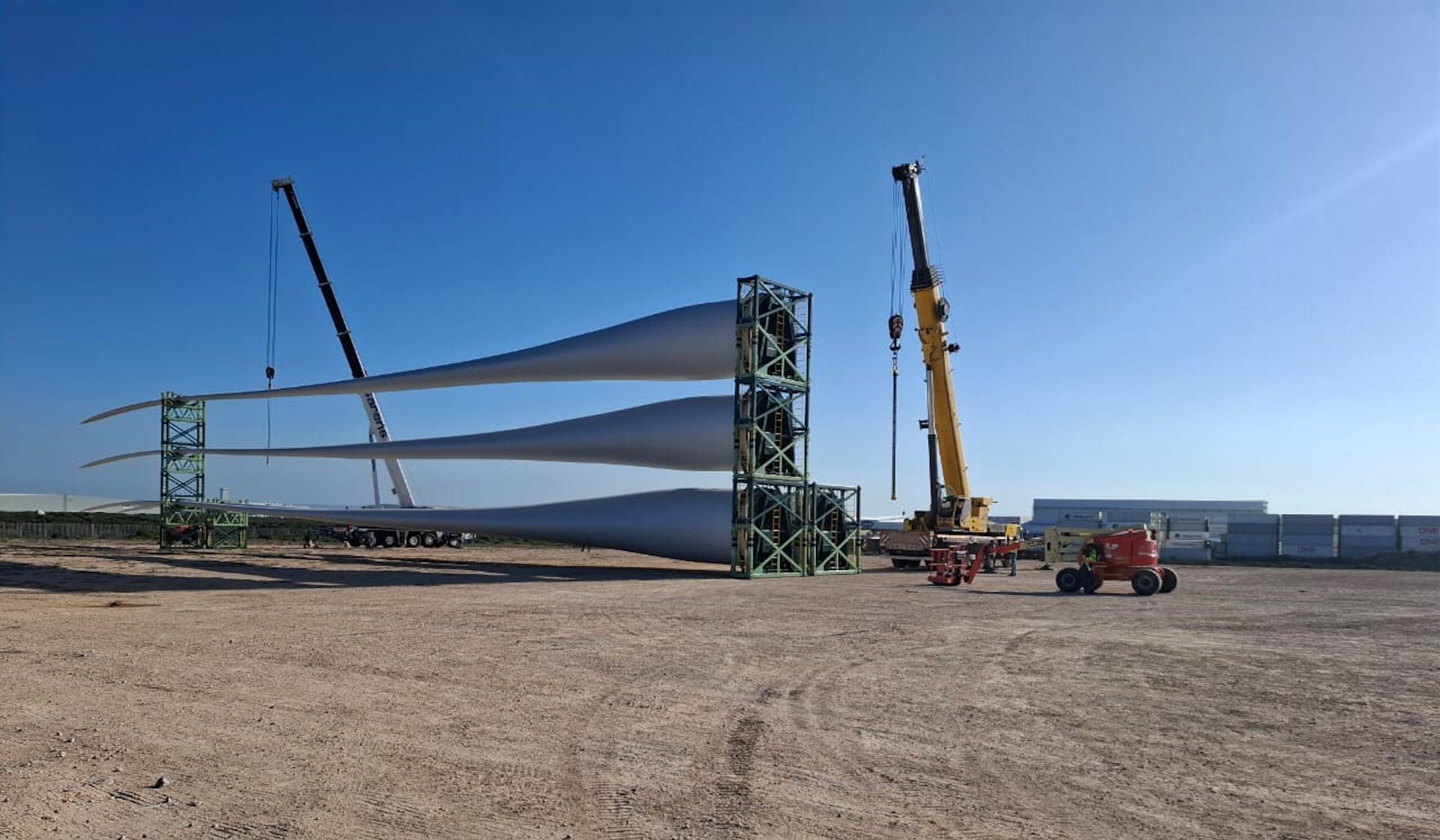The Wind Turbine Service Training programme, an initiative of EIMS Africa’s Portfolio Company, Cookhouse Wind Farm, and Suzlon, its Operations and Maintenance Contractor, is helping to build technical skills for South Africa’s wind power sector. This skills based capacity building programme demonstrates both sector leadership as well as the value of collaboration. Furthermore, the programme addresses localised youth unemployment.
Recognising that as the sector gears up to bring over 14GW of new wind power capacity online in the next decade, and will need 1 700 skilled technicians to support this rapid growth, the programme actually reaches beyond our local market, as it is pitched at satisfying both global and local training qualification criteria, thereby creating an export skills base.
“It is the strategy of EIMS Africa to invest in long-term, sustainable initiatives that will contribute to and drive the local economy. By sponsoring local youth and women on this programme, we are empowering and supporting local skills and contributing to meaningful employment. We need to prepare our youth for the future and this is but one of the many innovative, accredited training programmes that our industry is able to invest in, hence we are not only proud to be invested in this initiative but also to have been a trailblazer amongst our peers,” said Ryan Hammond, CEO of EIMS Africa and Cookhouse Wind Farm.
South Africa is not the only country that lacks the required number of skilled artisans and this gap is set to increase as the uptake of renewables accelerates across the globe. If our country is to build its national pool of artisans in the wind energy sector, the Wind Turbine Service Technician is needed even more than ever at a very fast pace to keep up with the target set not only in the Integrated Resource Plan (IRP2019) but also for the Just Energy Transition (JET) national agenda. At present, the ratio between the number of Wind Turbine Service Technician graduates produced annually and what would be required if we are to keep with targets, is still low and demonstrates the demand and the impact that this Programme will still have in the future.
“We are contributing and supporting our industry and our country’s pool of talent as this technical training programme is pitched at an international standard (GWO), in addition to the national standards frameworks such as Quality Council for Trades and Occupations (QCTO) and the National Qualification Framework (NQF) and therefore prepares the graduates to work anywhere in the world and rise to the challenge, which is something that we are very proud of,” added Hammond.
This joint youth development programme is directly benefiting local Eastern Cape youth, from the Cookhouse Wind Farm beneficiary communities and is implemented under the stewardship of the South African Renewable Energy Technology Centre (SARETEC). The youth receive training over a seven month period (5 months theory, 2 months on-site), and the programme deliberately aims to address the dire unemployment circumstances in this province. The first group of eight technicians graduated during quarter one of 2022 and plans are already underway for another cohort to attend the programme.
Mokgadi Modise, Director of SARETEC, the training programme’s implementation partner, says the local demand is significant as demonstrated by the rapid uptake of all trained technicians from the programme’s first cohort. “The recently graduated group, from February this year, were all employed by the time they graduated and ready for deployment at their respective wind farms,” she said.
Being cognisant of the demand on the African Continent and beyond, wherever wind energy projects are erected, SARETEC’s training programme addresses both the logistics and high costs of sourcing the maintenance expertise far from projects.


